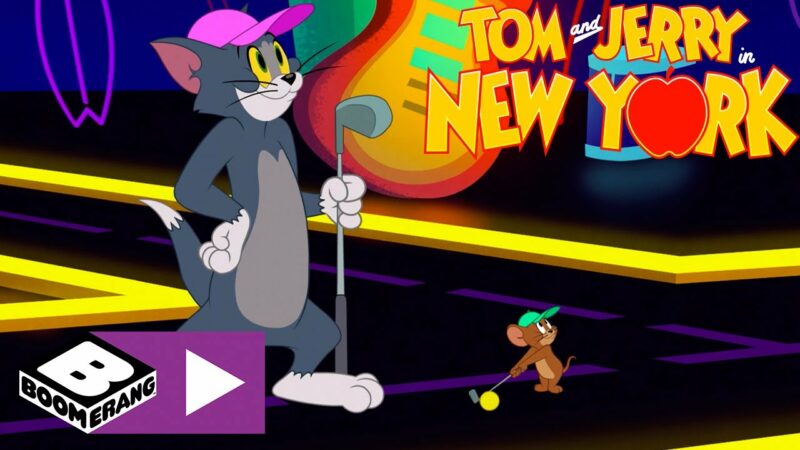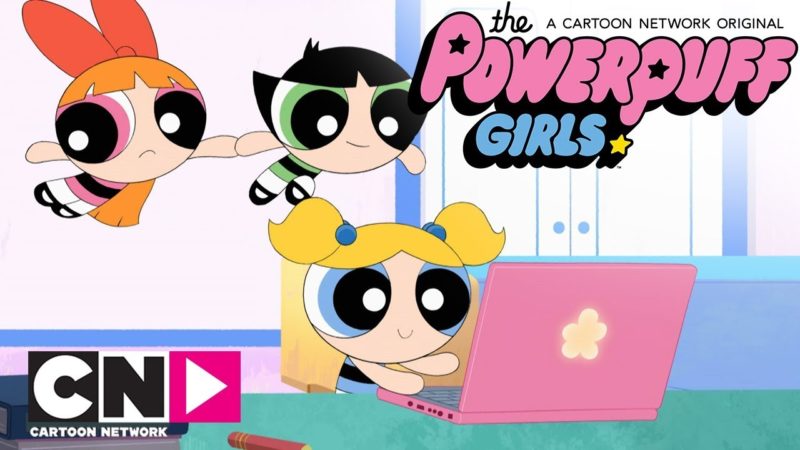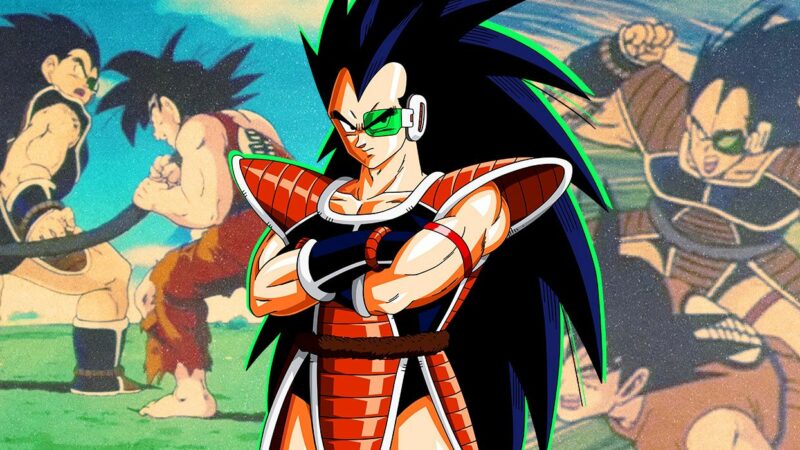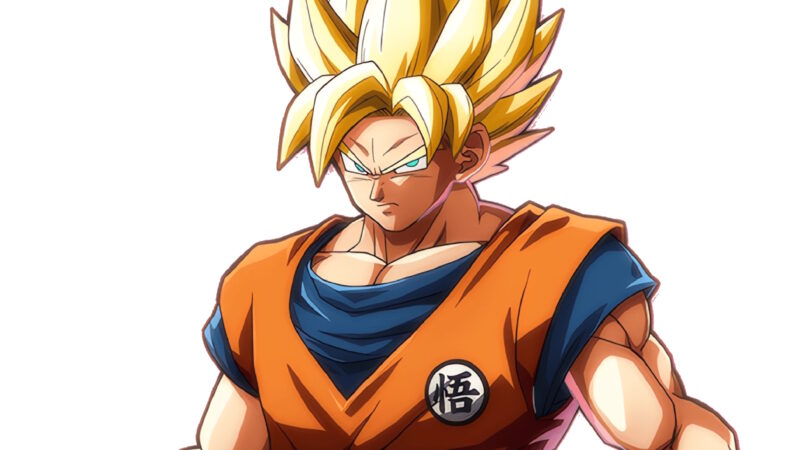Dragon Ball - The Miifan tournament
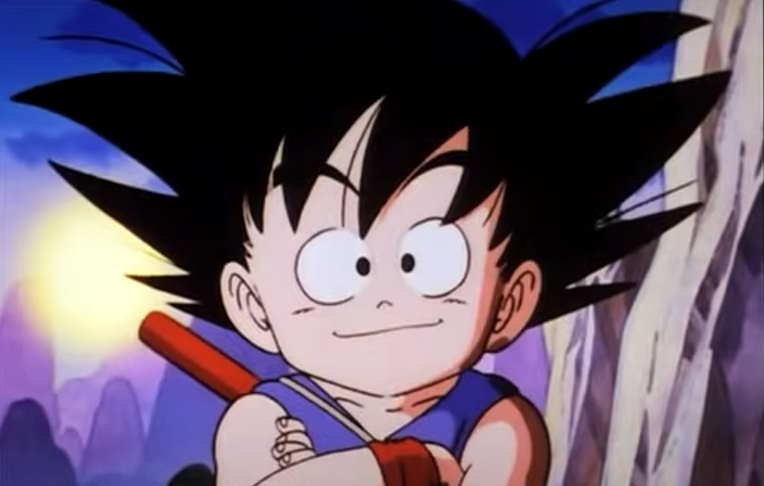
Dragon Ball - The Miifan tournament (original title: 魔 訶 不 思議 大 冒 険 Makafushigi from the bōken, lett. "The Great Mystical Adventure") is a Japanese animated (anime) film on the fantasy adventure genre from 1988. The film is Dragon Ball's third alternate continuity feature, released in Japan on July 9 at the "Toei Manga Matsuri film festival. ”As part of a quadruple feature film together with Bikkuriman 2: The Secret of Muen Zone, Tatakae !! Ramenman and Kamen Rider Black: Terrifying! The Phantom House of Devil Pass.
Unlike the previous two films by Dragon Ball - The Miifan tournament does not introduce any original characters, but instead adapts the characters of the Army of the Red Ribbon and the narrative arcs of the 22nd World Martial Arts Tournament from the manga to the original plot of the film.
History

Another retelling of the Dragon Ball story. This time, young Goku and young Krillin are training with Master Roshi for a World Martial Arts Tournament to be held in the town of Mifan. The emperor of Mifan, Chiaotzu, is trying to find his lost "Ran Ran". Master Shen "Minister" makes Emperor Pilaf work on a Dragon Radar, takes it from him and is using it to locate the Dragon Balls. Shen and the mercenary Tao claim that they will use Shenron's wish to locate Ran Ran, but in reality they are planning, with Tien's help, to kill Chiaotzu and take over the country. General Blue announces that Ran Ran is being held in Shen's room and is killed by Tao for it. Bora and Upa have located the last Dragon Ball and take it to Mifan to use to demand that Mifan soldiers be forced to leave the land near the Corinth Tower.
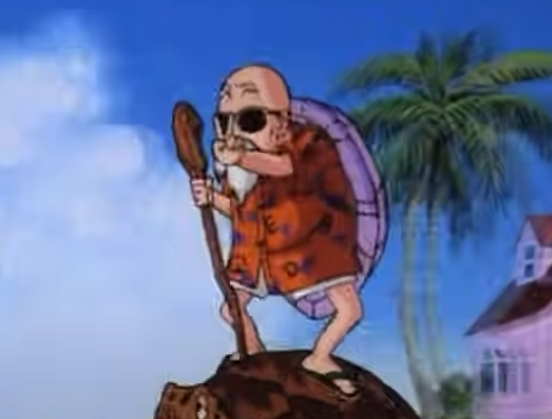


Bora is tricked into entering the Tournament (the winner of the Tournament will receive a wish from Chiaotzu), and then she is killed by Tao. Bulma, Oolong, Launch and Puar are looking for the other six Dragon Balls, so Bulma may want a boyfriend. However, when the Dragon Balls are located, they accidentally fall to the bottom of the moat surrounding Chiaotzu Castle. Tien realizes that he likes Chiaotzu too much and doesn't kill his friend; instead, she sweeps Shen away. Then she returns Chiaotzu Ran Ran (actually a porcelain doll, not a real girl) by telling him that she had hidden it because of Shen and Tao. The story of Blue and Goku entering the Penguin village is included, but this time it's Tao and Goku meeting Arale and Goku kills Tao with Arale's help. Goku throws the last ball into the moat and summons Shenron, which Upa asks to resurrect Bora.
Box office and Home video
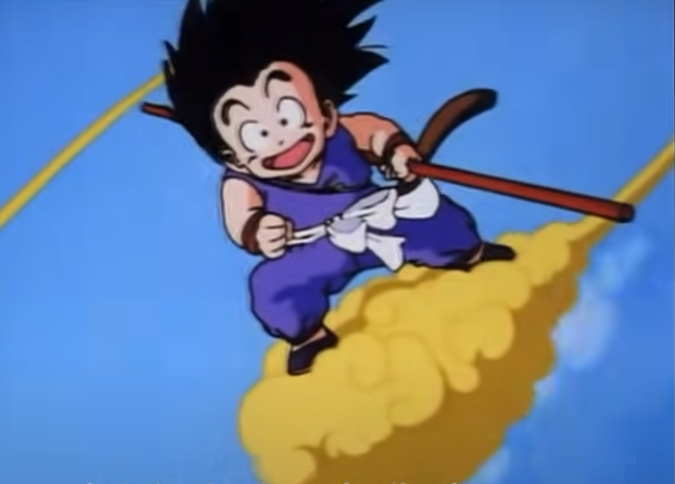


At the Japanese box office, the film sold 1,9 million tickets and earned net distribution rental income of ¥ 650 million, equivalent to estimated gross sales of around ¥ 1,6 billion ($ 12 million).
In China, where the film was released in July 2016, it grossed $ 9.714.846 in thirteen days, bringing the film's total gross revenue to around $ 21.714.846 in East Asia.
Harmony Gold USA aired the dub of this film and Curse of the Blood Rubies as a double feature film on WPSG Philly 57 in Philadelphia, Pennsylvania and on other cable channels and systems in select test markets. It is likely that it was also released on home video in the early 90s. It wasn't widely noticed and went under the radar. Their dub changed some of the characters' names and parts of it were censored, and the opening and ending sequence changed to; instead of the first Japanese sequence they used the second Japanese sequence, with the Japanese katakana removed from the Dragon Balls, the Japanese credits removed and replaced with the Harmony Gold credits, and changed some dialogue from the Japanese introduction. The ending has been changed from the Japanese ending to show a still image of Goku flying away from Shenron (known as Dragon God in the Harmony Gold dub) from the intro and using the intro theme instead of the Japanese ending theme with Harmony Golden Credits. The script was more faithful to the Japanese script and all the background music was kept the same, unlike the dubs by Funimation and Ocean Productions.
There was also another English dub released exclusively on Video CD by Speedy Video. A fourth English version, produced and released exclusively in Malaysia, features an unknown cast and original music.
Funimation acquired the rights to the film in 2000 and released it with a new bilingual VHS and DVD dub that year.
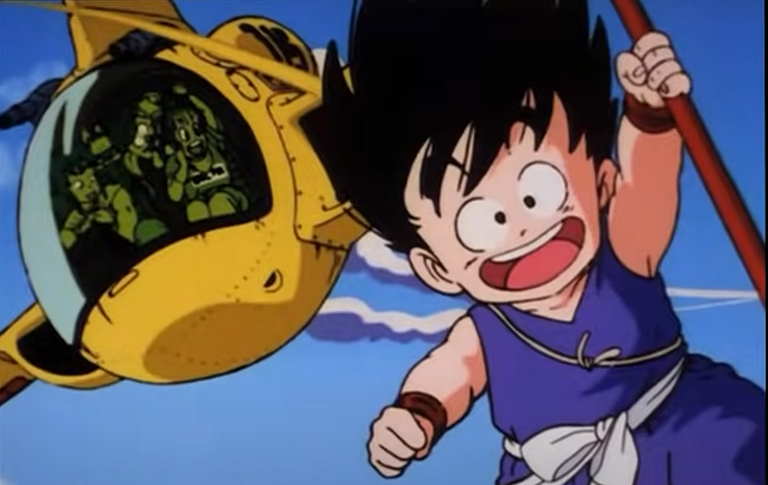


Madman Entertainment released the film on DVD in Australia and New Zealand on March 17, 2004 with the 2000 English dub and optional Japanese audio. However, the introduction that started the Dragon Balls narrative, a cameo sequence of Pilaf and the gang of him presenting a global radar for dragons to Master Shen and a different opening sequence of the film with Goku and Krillin in training have been cut. Instead, the opening sequence and the above scenes have been replaced with the opening sequence of the TV. Another cut sequence was the closing credits with a summoned Shenron who fulfilled Upa's desire to bring Bora back to life. The scene has been replaced with the closing sequence of the TV.
Later versions of the FUNimation dubbing had restored its introduction and opening / ending sequence. Unlike the Japanese version, however, the opening sequence had a lot of freeze frame scenes, as a way to freeze the original Japanese credits that were in the sequence. The closing credits were restored with the closing credits in English by censoring half of the screen, also to block the original Japanese credits scrolling from the right.
The film was later available on DVD alongside The Sleeping Princess in the Devil's Castle and Path to Power as part of FUNimation's Dragon Ball Movie Box set released on December 6, 2005. [8] The box set was re-released as a thinpack on February 12, 2008. [9] This set has since been discontinued.
The film was re-released on DVD in America on February 8, 2011 as part of a remastered thinpack version of Dragon Ball Movie 4-Pack by FUNimation along with the other Dragon Ball related films. [10] This version restored all previously edited video footage of the film, however it does not feature apparent English credits.
An alternative English dub produced with an uncredited cast by AB Groupe in France was released in the English-speaking markets in Europe in the early 2000s.
Technical data
Original title 魔 訶 不 思議 大 冒 険 Makafushigi from the bōken
Original language Japanese
Country of Production Japan
Year 1988
Duration 48 min
Relationship 1,33:1
Gender animation, action, adventure
Regia Kazuhisa Takenouchi, Minoru Okazaki
Film script Yoshifumi Yuki
Production house Bird Studios, Toei Animation Company, Toei Company, Toei Doga
Distribution in Italian Dynamic Italy
Music Shunsuke kikuchi
Art director Shigenori Takada, Takeo Yamamoto, Yuji Ikeda
character design Minoru Maeda
Entertainers Minoru Maeda
Original voice actors
Masako Nozawa as Son Goku
Mami KoyamaArale Norimaki, Lunch
Toru Furuya: Yamcha
Hiromi Tsuru Bulma
Kôhei Miyauchi: Master Roshi
Mayumi Tanaka: Krillin
Naoki Tatsuta: Olong
Naoko Watanabe as Pual
Hirotaka Suzuki: Tenshinhan
Hiroko Emori as Jiaozi
Daisuke Gōri: Turtle
Ichirô Nagai: Hermit of the Crane, Karin
Chikao Otsuka: Taobaibai
Kenji Utsumi: Shenron, Senbei Norimaki, Tournament Chronicler
Toshio Furukawa as Gen. Blue
Shin AomoriSgt. Metallic
Mitsuko Horie: Upa
Banjô Ginga: Bora
Shigeru Chiba: Pilaf, Waiter
Tessho Genda: Shu
Eiko Yamada: Never
Seiko Nakano: Gacchan
Jôji Yanami: Narrator
Italian voice actors
Original dubbing
Michele Kalamera: Narrator
Lorenzo De Angelis as Son Goku
Laura Lenghi: Lunch
Vittorio GuerrieriYamcha
Monica WardBulma
Oliviero Dinelli: Master Roshi
George Castile: Krillin
Fabrizio Mazzotta: Olong
Ilaria Latini: Pual, Gacchan
Roberto Del Giudice: Tenshinhan
Alessia Amendola: Jiaozi
Gil Baroni: Hermit of the Crane
Saverio Moriones: Taobaibai
Stefano Onofri: Gen. Blue
Diego Regent: Sgt. Metallic
Stefano De Filippis: UPA
Luca Biagini: Bora
Pearl Liberators: Arale Norimaki
Ambrogio Colombo: Pilaf
Davide Marzi: Shu
Emanuela D'Amico: Never
Manfredi Aliquò: Turtle
Re-dubbing (2003)
Patrizia Scianca as Son Goku, Arale Norimaki
Cinzia Massironi: Lunch
Diego Saber: Yamcha
Emanuela PacottoBulma
Mario Scarabelli: Master Roshi, Narrator
Marcella Silvestri: Krillin
Riccardo Peroni: Olong
Federica Valenti: Pual
Claudio Ridolfo: Tenshinhan
Giovanna Papandrea: Jiaozi
Oliviero Corbetta: Hermit of the Crane
Maurizio Scattorin: Taobaibai
Luca Sandri: Gen. Blue
Mario Zucca: Sgt. Metallic
Debora Magnaghi: Upa
Marco Pagani: Bora
Massimiliano Lotti: Pilaf
Marco BalzarottiShu
Renata Bertolas: Never
Tony Fuochi: Turtle
Source: https://en.wikipedia.org/wiki/Dragon_Ball:_Mystical_Adventure

